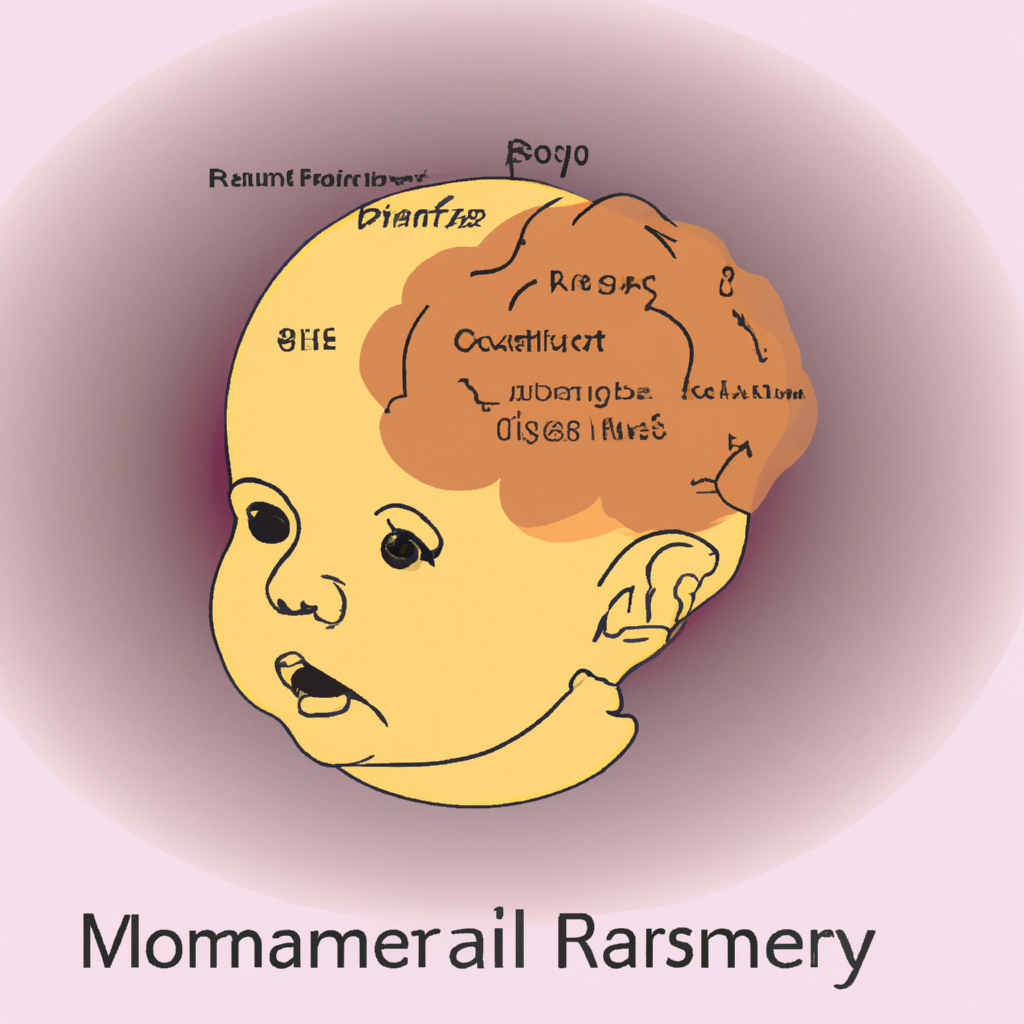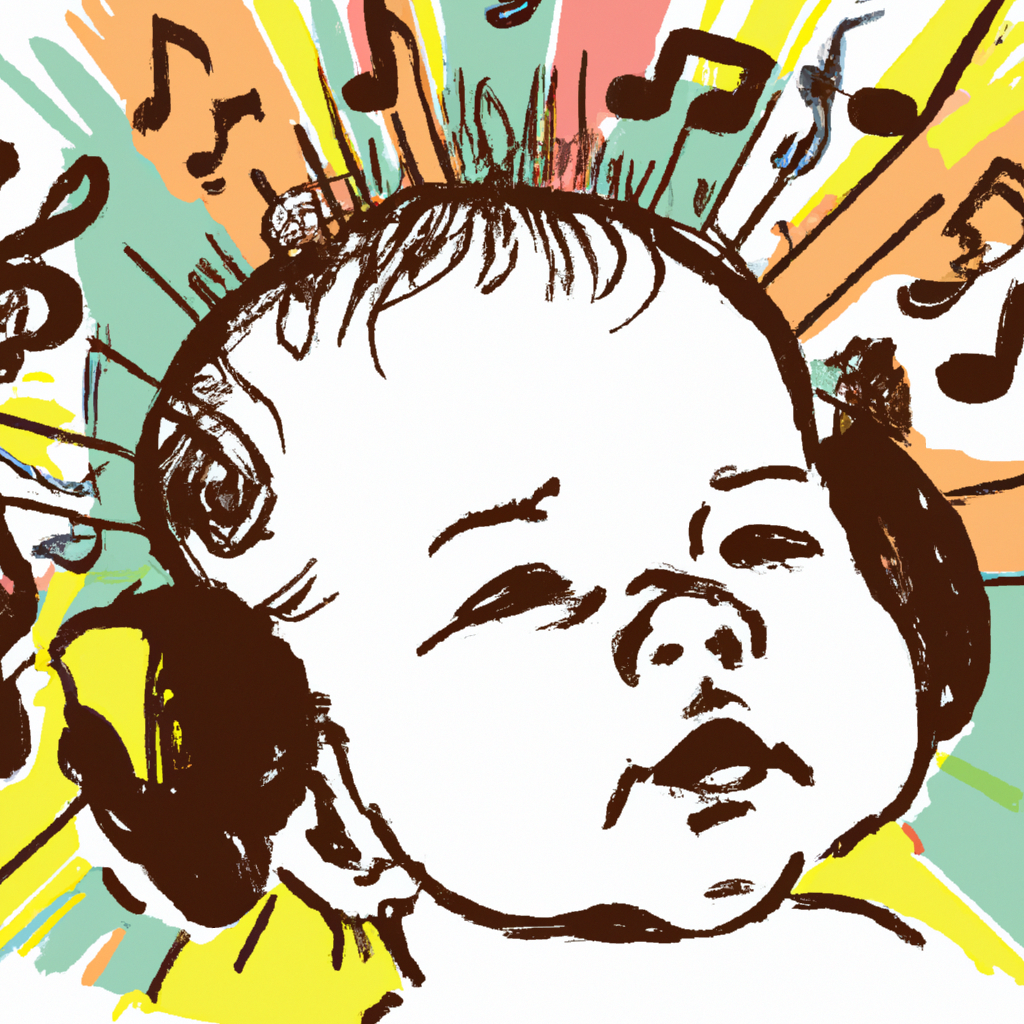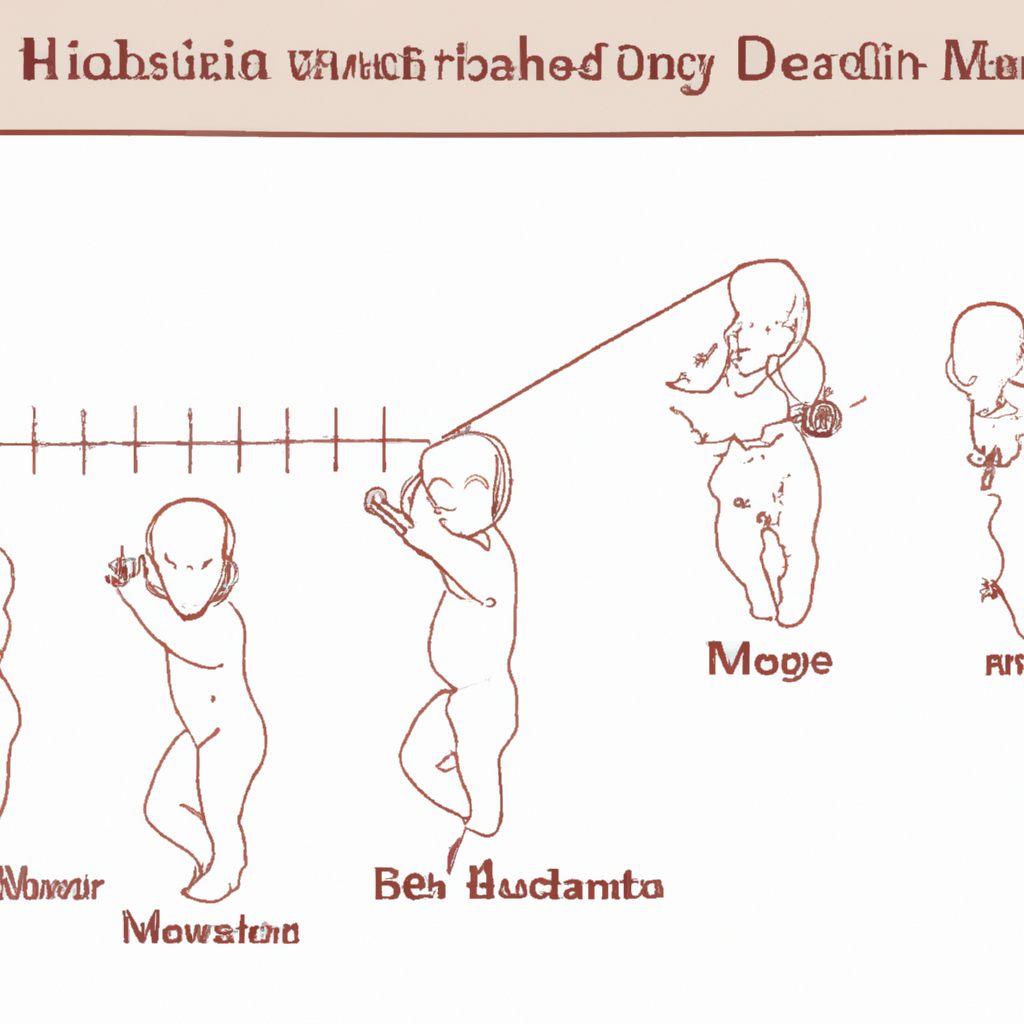Dear Readers,
AI plays a crucial role in our blog, helping us manage our time more effectively to keep the content flowing. While AI assists with content creation, which may lead to occasional spelling or grammar errors, our primary goal remains clear: to deliver meaningful insights to you. For important matters, please consult a specialist.
Thank you for your understanding and support.
Best regards,
Education.com.cy
Summary
This article explores the fascinating topic of long-term memory and music recognition in infants. It delves into how infants develop long-term memory, the role music plays in cognitive development, and the methods used to study music recognition in infants. The findings on music recognition and memory retention are discussed, along with their implications for early childhood education. This comprehensive overview aims to provide educators and parents with valuable insights into the importance of music in early development.
Introduction
The early years of a child’s life are crucial for cognitive development. Among the various stimuli that infants are exposed to, music holds a special place. Research has shown that music can significantly impact an infant’s brain development, particularly in the areas of memory and recognition. Understanding how infants develop long-term memory and recognize music can provide valuable insights for parents and educators, helping them to foster a nurturing and stimulating environment for their children.
Main Sections
The Development of Long-Term Memory in Infants
Long-term memory in infants begins to develop from a very young age. Studies suggest that even newborns can form memories, although these memories are often implicit rather than explicit. As infants grow, their ability to form and retain long-term memories improves. This development is influenced by various factors, including the frequency and emotional significance of the experiences they encounter.

The Role of Music in Cognitive Development
Music plays a pivotal role in cognitive development. It has been found to enhance various cognitive functions, including memory, attention, and language skills. When infants are exposed to music, it stimulates neural pathways that are crucial for these functions. Music also provides a multisensory experience, engaging auditory, visual, and motor skills, which further aids cognitive development.

Find out how the strategies discussed in the article
"How Teaching a Song Can Improve Your Child’s Learning and Well-Being"can help address internet addiction in children and teens.
Methods of Studying Music Recognition in Infants
Researchers use various methods to study music recognition in infants. One common method is the use of habituation-dishabituation paradigms, where infants are repeatedly exposed to a piece of music until they show decreased interest (habituation). A new piece of music is then introduced to see if the infant’s interest is renewed (dishabituation). Other methods include measuring physiological responses, such as heart rate and brain activity, to different musical stimuli.

Findings on Music Recognition and Memory Retention
Research has shown that infants can recognize and remember music over extended periods. For instance, studies have demonstrated that infants can remember melodies they were exposed to weeks or even months earlier. This ability to recognize and retain music suggests that musical experiences can have a lasting impact on an infant’s brain development. These findings highlight the importance of incorporating music into early childhood education and daily routines.
Graph showing the retention rates of musical recognition in infants over different time periods.
Implications for Early Childhood Education
The findings on music recognition and memory retention have significant implications for early childhood education. Incorporating music into the curriculum can enhance cognitive development and provide a rich, stimulating environment for infants. Activities such as singing, playing musical instruments, and listening to various genres of music can be beneficial. Educators and parents should consider integrating music into daily routines to support the overall development of infants.

Conclusion
In conclusion, the long-term memory and recognition of music in infants is a fascinating area of study with profound implications for early childhood development. Music not only enhances cognitive functions but also provides a joyful and enriching experience for infants. By understanding the importance of music in early development, educators and parents can create a nurturing environment that supports the growth and well-being of their children.

Thank you for reading our article on The Long-Term Memory and Recognition of Music in Infants. We highly value your feedback and invite you to take a brief survey to share your thoughts and experiences. Your responses will be kept confidential.
Dear Readers,
Welcome to my blog, where technology, music, and visual arts come together to spark creativity and growth. By subscribing, you’ll become part of a vibrant community committed to exploring and learning in these areas.
Select the type of engagement that suits you best:
Join us and enjoy tailored content and direct support suited to your interests.
